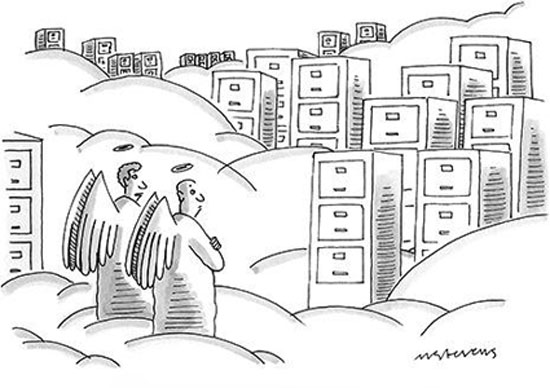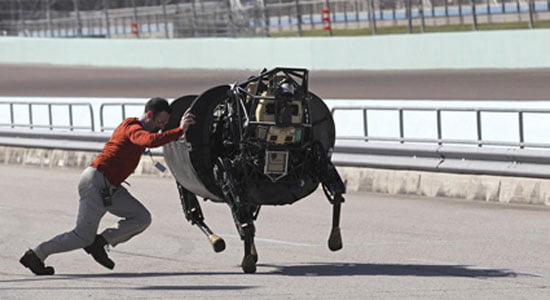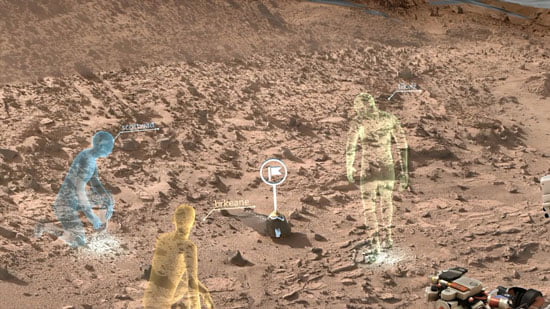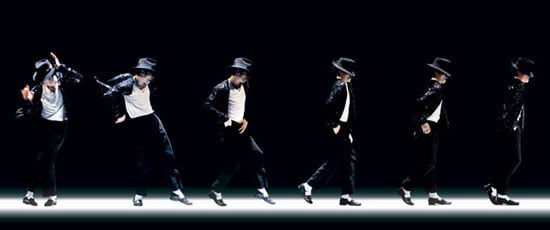Does the increasing familiarity of modern citizens with virtual space-time affect what has traditionally been called political behavior - and if so, how? Can one today (and tomorrow) mean the same thing by the words “the political behavior of the people” as one did 30 years ago? Questions of this sort are perhaps being explored by sociologists in various academic institutions; otherwise, they would probably be considered scandalous, especially if they imply answers suggesting the universal sovereignty of the Spectacle.
Yet we must ask them, because phenomena of “political behavior” (?) are increasingly becoming commonplace - phenomena that, in the past, would have provoked irony or even explicit condemnation. Like, for example, the “spontaneous” rallies in support of the new government during the negotiations (?) of February.
As for what this notorious “spontaneity” actually means in the actions and behaviors of adults, the so-called human sciences may not yet have provided a reliable answer: motivations are not always transparent, and thus the idea that hidden motives produce “spontaneity” is too convenient to be true. But that is not even the issue we are addressing here. On the contrary, we are dealing with “gatherings organized via the internet” or “gatherings organized via Facebook” - as it is naturally put - as though the internet or Facebook were some kind of (political) “subjects” that organize demonstrations. This phrasing, to highlight its absurdity, is equivalent (if at all!) to saying “it’s a gathering organized by posters” or “it’s a gathering organized by announcements”, twenty years ago.
This shift - which is obvious to us, namely that media have replaced actual subjects as the agents of organization - doesn’t seem to trouble anyone. And this is only the beginning. The fact - as if it were a fact - that a gathering, say in Syntagma Square, appears to have a “value” entirely independent of and unrelated to who the real organizers are, as physical (and political) subjects, seems to go unnoticed. If an electronic medium, considered politically neutral, appears as the “organizer,” it is irrelevant whether the actual organizers are, for instance, Golden Dawn, SYRIZA, the Church, the secret services, or whoever else; it is also irrelevant what the real motivations of the real organizers are. It is as though, in such an event - a real demonstration - the only motivations that matter are those belonging to the micro-scale of each participant: what each person thinks on their own. And here lies a massive inversion. In pre-internet and pre-social-media times, participating in any kind of gathering or demonstration meant actively endorsing the political understanding and goals of the real organizers. If someone disagreed with those views and purposes, they either wouldn’t participate at all, or would seek to join a “faction” of the event with which they politically/ideologically agreed. Today, in the post-internet and post-social-media era, that is entirely irrelevant. Participation now means “endorsement of the event as an event” (albeit interpretable as one pleases); the real motivations of those who organize it appear to be of no consequence.
But this is the result. The cause lies in the intensity and extent of the egocentricity within which virtual space-time is constituted as the paradigmatic public space and time. Indeed, in virtual space-time (and social media are characteristic expressions of this process), what is considered the major event is the participation (and availability) of the Self in the flows of exchanges and information. The motives and purposes of this participation/availability are usually secondary - and in any case not clearly articulated. Moreover, the equally major event (and always sought-after) is the quantity - the number - of contacts, social quantity as such. From these two emerges a third: sociality (or political stance) is increasingly seen as the quantity and intensity of the technical circulation of the Self, regardless of how (or even whether) it is perceived.
Thus, it appears that these “natural” gatherings, which, since they occur in the “old” public space-time, the space-time of “traditional” political activity, appear as though they are political-as-always, constitute to a large extent (or perhaps entirely?), outbursts, “offshoots” of cyber-virtuality, and therefore not “as-always” at all! These are events situated between virtual, mechanically mediated flows of impressions and identities; events that spill out into the “physical” city from cyberspace for a unit of time, only to return there afterward, as photographs, comments, display, affirmation of the Self, of the crowd, and of the momentary event.
If we are right, then the elements that validate the political - the elements that confirm or disprove that a given event (such as a particular demonstration) belongs to a rational sequence of actions genuinely aiming at a specific outcome - these elements have disappeared from consciousness. Instead, what proliferates are “representations” of the event as such, a culture historically associated with mass entertainment, where the “moment” is entitled to be “self-sufficient,” without before or after, without particular demands for targeting or accountability.
Who actually enjoys such developments, of course, is a different question...
Ziggy Stardust
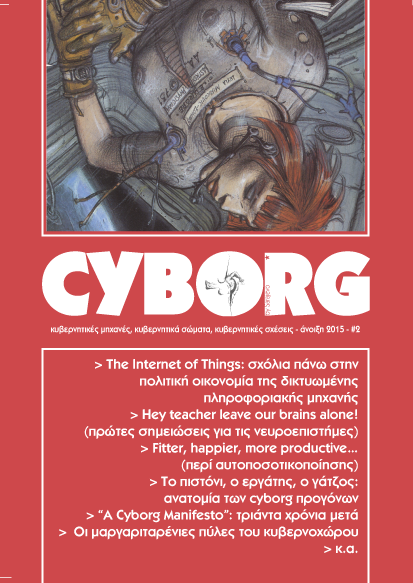
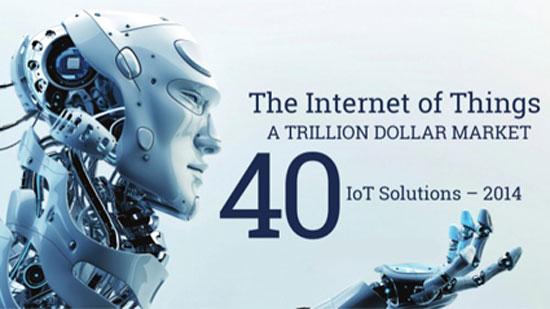
The Internet of Things: comments on the political economy of the networked information machine

Rigidity and learning

Hey teacher leave our brains alone! (first notes for neuroscience)

Fitter, happier, more productive… (about self-quantification)

The piston, the worker, the hook: anatomy of cyborg ancestors
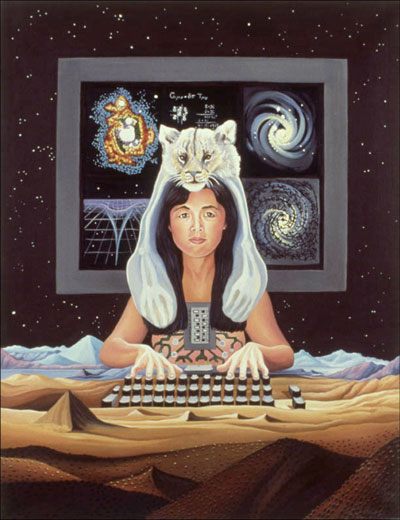
“A Cyborg Manifesto”: thirty years later
